It’s a cliche, but you know what they say – comparison is the thief of joy.
Eating disorders are inherently competitive and comparative.
They are complex illnesses that thrive off weight-related comments, encouragement of behaviours and ultimately – comparison during eating disorder recovery.
Whether it be fortunate or unfortunate, we live in the world of TikTok and Instagram. Social media can be a dark place.It can normalise behaviours and thought patterns that are downright dangerous and disordered.
In a world that praises smallness (quite literally at any cost – shout-out diet culture) it’s pretty tough learning to focus on yourself and your own journey.
As my mum always said to me when I was recovering – the road is long, and the race is only with yourself. Learning this is difficult, and takes time – but is possible for each and every human.
Learning to avoid comparison during eating disorder recovery can be a vital step in giving yourself the best ability for a lasting, sustainable and complete recovery.
Dismantling the Comparison During Eating Disorder Recovery
How do we break down this idea, one that is so deeply rooted in so many humans living with an eating disorder?
It’s not a simple fix – it isn’t as simple as just stopping caring. It’s not something that goes away when you reach a place where you deem yourself ‘unwell’ enough, or ‘worthy’ of recovery.
Time, self-care, patience and reframing your thoughts can guide you on the path of focusing on yourself and your recovery – without comparison to others.
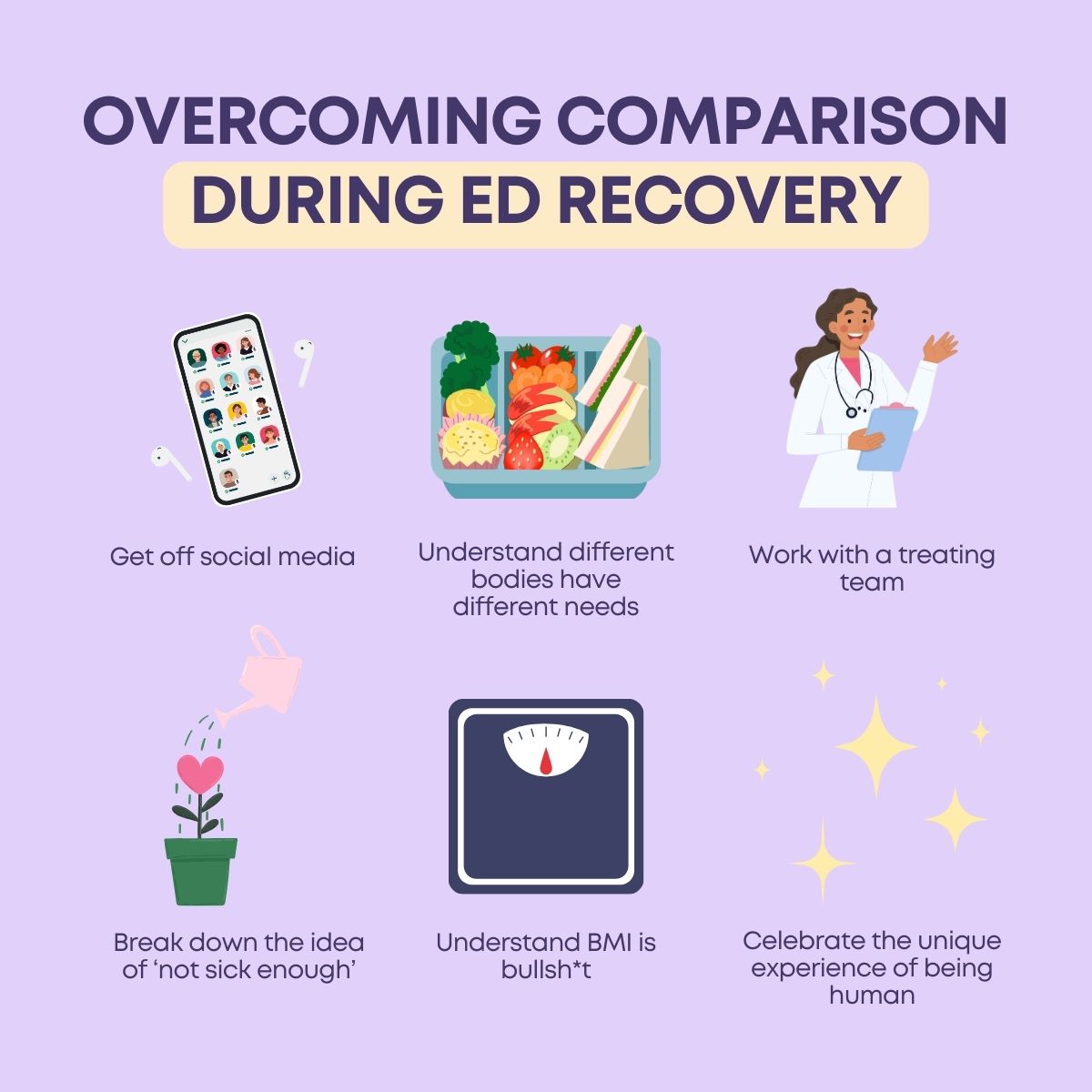
Break Down the Idea of Not Being ‘Sick Enough’
As sad and painful as it is – a common thought in recovery is the idea of not being ‘sick enough’.
Ultimately, it is often driven from comparison to others – others who you perceive to be ‘sicker’ and therefore more worthy of treatment than you are. Pretty f*cked up, right?
The perception of others as being ‘worse’ is dangerous. It can lead to these individuals not believing themselves as ‘worthy’ or ‘deserving’ of recovery. This is a form of comparison that sees individuals not engaging in critical treatment.
The harsh reality – sick enough doesn’t exist.
There is no crown waiting for the ‘sickest’ person. There is no podium waiting to crown you best at behaviours, or at sustaining an eating disorder.
BMI is Bullsh*t
Importantly, we need to break down the misconception that weight is a main indicator of how much someone is struggling, or how sick someone is.
Using this as a measurement of your degree of severity and ‘sickness’ is incredibly detrimental to overall well being, and sustaining recovery.
Weight is not an indicator of severity. The internal suffering is a universal experience for people living with an eating disorder, and no matter how you perceive yourself to be – you are always ‘sick enough’ to get help.
Get Off Social Media
Social media can be a positive source of entertainment, information and content. But in so many aspects, it also has incredibly dangerous implications.
We have all seen it – the patients in ED units doing TikTok dances connected to their IV poles, the ‘what I eat in a day’ videos plastered across all platforms showcasing restriction, and many ‘my ED story’ alongside a myriad of body checks, and detailed descriptions of behaviours.
With the normalisation of behaviours, the glamorisation of restriction, the details around compensatory behaviours – the internet can be a dangerous place.
Comparing yourself to others is an inherent part of this.
The more you watch the content, the more and more it will be suggested to you.
The algorithm suggests what you search and engage with – ultimately leading you to be sucked into this world of ED content, where you may learn and pick up more behaviours, fuelling the belief that you aren’t ‘sick enough’ in comparison to others who are also living with an ED.
It’s not as simple as curating your feed. In the midst of navigating recovery from an ED, you may not feel able to look away.
It feeds, fuels and sustains your ED, seeing others showcase their behaviours and experiences – leading to self-justification of the very behaviours that are destroying your mental and physical health.
Comparison takes social media and absolutely runs wild with it. Invalidating your own experiences against someone else’s creates a dangerous relationship with your ED and recovery. ‘If they can do that – why can’t I?’
EDs aren’t pretty, glamorous or normal – despite what the girls on TikTok may lead you to believe. Your recovery not looking like theirs is not an indication that you are doing it ‘wrong’.
Taking a break from social media can be pivotal in guiding your recovery away from this dangerous content. It doesn’t have to be a permanent solution – avoidance isn’t sustainable, as this is the world we live in.
In a vulnerable state, deleting the apps for a period can help you focus on you, and your recovery.
Social Media and ‘Healthy Eating’
Recovery isn’t a switch to ‘healthy eating’ and fixation on the gym (hello Orthorexia!)
In recovery, you do NOT need to weigh your yoghurt. You do NOT need to weigh any foods in general. A healthy relationship with food does not include weighing your chicken and measuring your oil.
Get your copy of my free 3 Steps To Stop Cravings eBook here!
Learn to Understand That Different Bodies Have Different Needs
From human to human, each and every person has different energy needs. No two people with an eating disorder have identical needs when it comes to food and exercise.
There is no ‘one size fits all’ approach to eating disorder recovery. What may work for one person may not work for the next.
Comparing what one person eats to yourself serves no benefit – no matter what the social media ‘recovery’ influencers show.
My mental health, body and recovery required different foods, usually more than others. My body could not survive and thrive off the same foods and food amounts as others. What works for others will not always work for you.
It’s more than okay to eat lunch and need a snack after, or to have a snack that others may consider a ‘small meal’, and to honour your hunger.
It’s more than okay to eat more than friends, family, people around you eat – again, the road is long and the race is only with yourself.
Comparing Meal Plans – My Experience
I struggled with comparing my meal plan to others as an inpatient. In hospital I couldn’t understand why I needed to eat more than the ‘standard’ meal plan, more than what most other patients were eating.
I dealt with great shame and embarrassment when I had to pick up my extra snack, my meal additions – absolutely convinced others were judging me, while they followed the general, standardised meal plan.
I had to learn that my body had different needs. Weight restoration and maintenance needed me to eat what was right for my body, and dismantle this shame.
Outpatient, I constantly compared what I was eating to the recovery influencers showing their ‘what I eat in a day’ videos. These videos were so damaging to my recovery.
I believed that the best way to eat was to change my intake from the foods I loved. To change from the foods helping me mend my relationship with food, to solely including these ‘healthy’ foods.
Through working with a dietitian, I learnt that all foods fit. I didn’t need to go to great extremes to navigate recovery.
I didn’t need to opt for the ‘healthiest’ options.
For me to function as the best version of myself, I needed to prioritise the foods bringing me closer and closer to recovery.
Challenging the Body to Body Comparison During Eating Disorder Recovery
Body comparison is a common part of the human experience, even in the absence of an ED.
We live in a world with an over changing definition of the ‘ideal body’.
We live in a world flooded with glamorisation of smaller bodies.
Where humans are praised for living in these bodies, and constant conversation about dieting, weight loss and idolising particular body shapes, weight and sizes.
Navigating recovery isn’t sunshine and roses. Importantly, recovery into a ‘healthy’ BMI may not be ‘healthy’ for you. Your set point, otherwise known your ‘happy weight’ may be above the ‘healthy’ BMI classification.
The pipeline from an active eating disorder to ‘healthy eating’, gym obsessed and macro counting can lead to guilt, comparison and shame.
These humans may maintain a BMI at a minimum ‘healthy’ level, sustained by these behaviours.
This doesn’t work for everyone. This doesn’t work for most. This lifestyle isn’t attainable for most in recovery, and just perpetuates your eating disorder.
As a result, you may draw parallels between yourself and others with an eating disorder who recover into smaller bodies.
Remembering, each and every human has a unique set of genetic and biological factors, factors that make up their happy weight/set point range.
Recovery into a body above a ‘healthy’ BMI is not a bad thing. It is not a negative or detrimental thing.
Your body is smart. Smarter than the eating disorder voice and behaviours. It knows where it is comfortable, where it reaches its happy place.
Comparing your recovered body to others will never bring you closer to freedom from the shackles of your ED.
View this post on Instagram
Celebrate the Unique Experience of Being Human
Your recovery looking different to another humans’ recovery is not a sign of failure. It is a sign of strength. It is a sign of listening to your body, embracing the uniqueness of being you.
Genetics, metabolism, coexisting medical conditions – all factors in impacting the body someone lives in.
It’s a complex feeling and experience, dealing with this comparison during eating disorder recovery.
With time, it is more than possible to abandon the grip these disordered thoughts have over you. You are capable of stepping into the journey of focusing on yourself and your experience.
Working With A Treatment Team
It’s pretty tiring doing this alone, and working with someone who gets it can make a massive difference.
Dealing with the persistent comparison to anyone and everyone can be a roadblock in making progress in your recovery. It can hold you back from allowing yourself to nourish your body, and healing your relationship with food.
Working with an eating disorder specialised psychologist and dietitian can help you to open the conversation. Breaking down the way you feel can provide an avenue for accessing support and treatment tailored to you.
Unsure Where or How to Start?
The team at Imbodi Health are passionate about helping clients overcome comparison during eating disorder recovery, and build a healthy relationship with food.
As eating disorder specialised dietitians, they have experience in challenging these thoughts that are holding you back from healing your relationship to food.
Comparison plays a powerful role in holding back a human from mending their relationship with food.
But – it doesn’t have to be this way.
Reach out to the team at Imbodi Health for a free discovery call. Learn how they can best support you in this journey to mending your relationship with food, learning to break down behaviours keeping you stuck, and ultimately overcome comparison during eating disorder recovery.
Written by: Student dietitian Tara Finn
Reviewed by: Imbodi Health dietitian Jade Wrigley

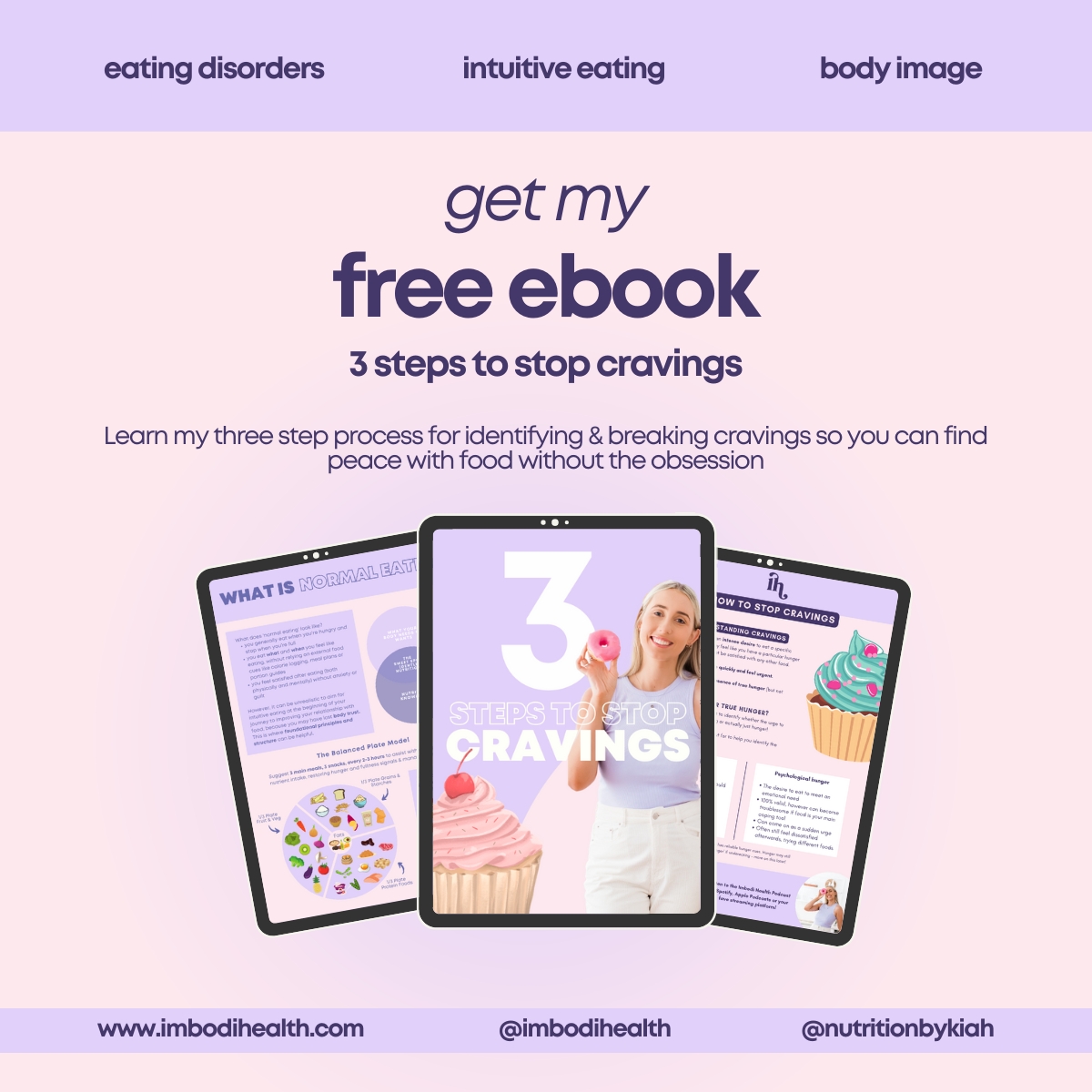
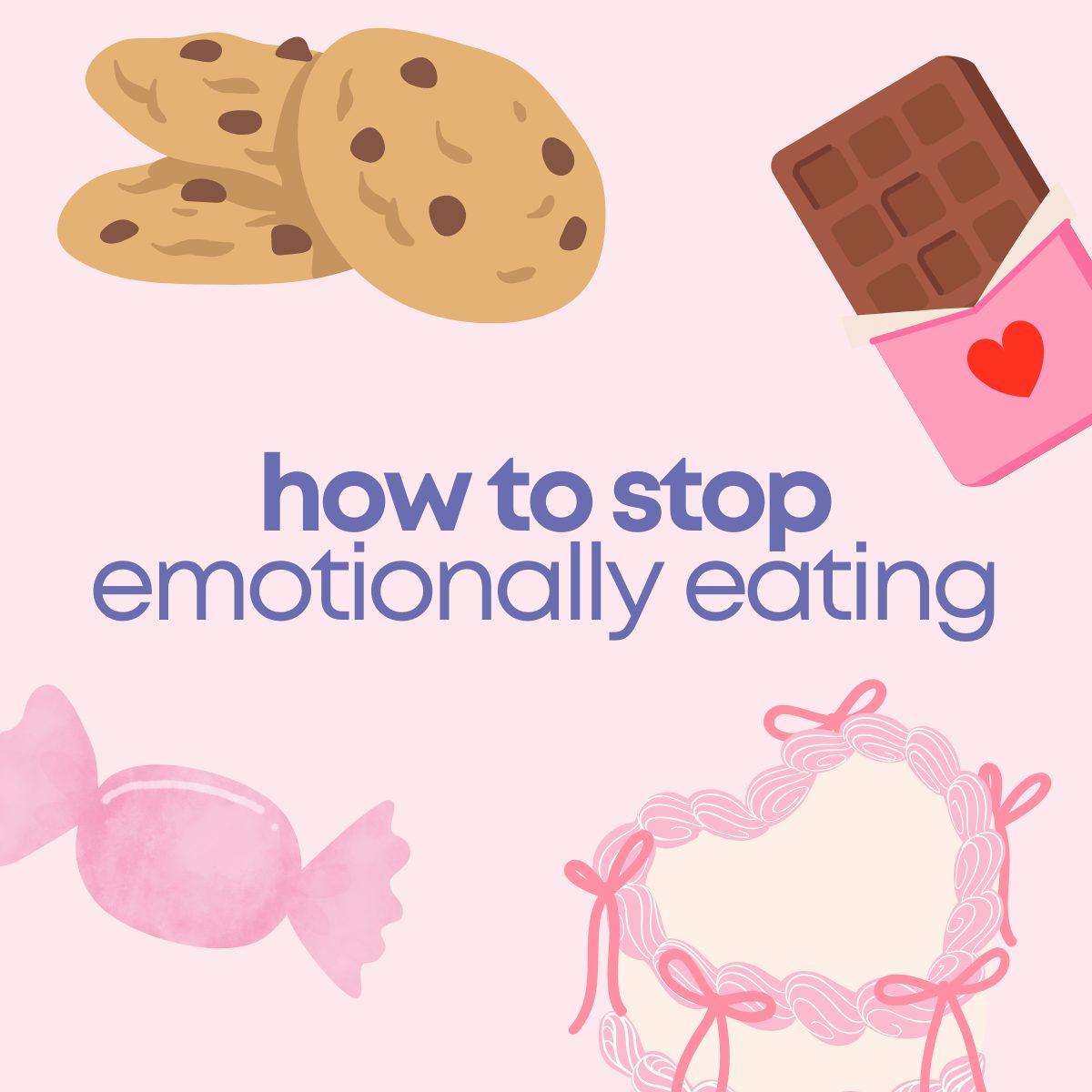
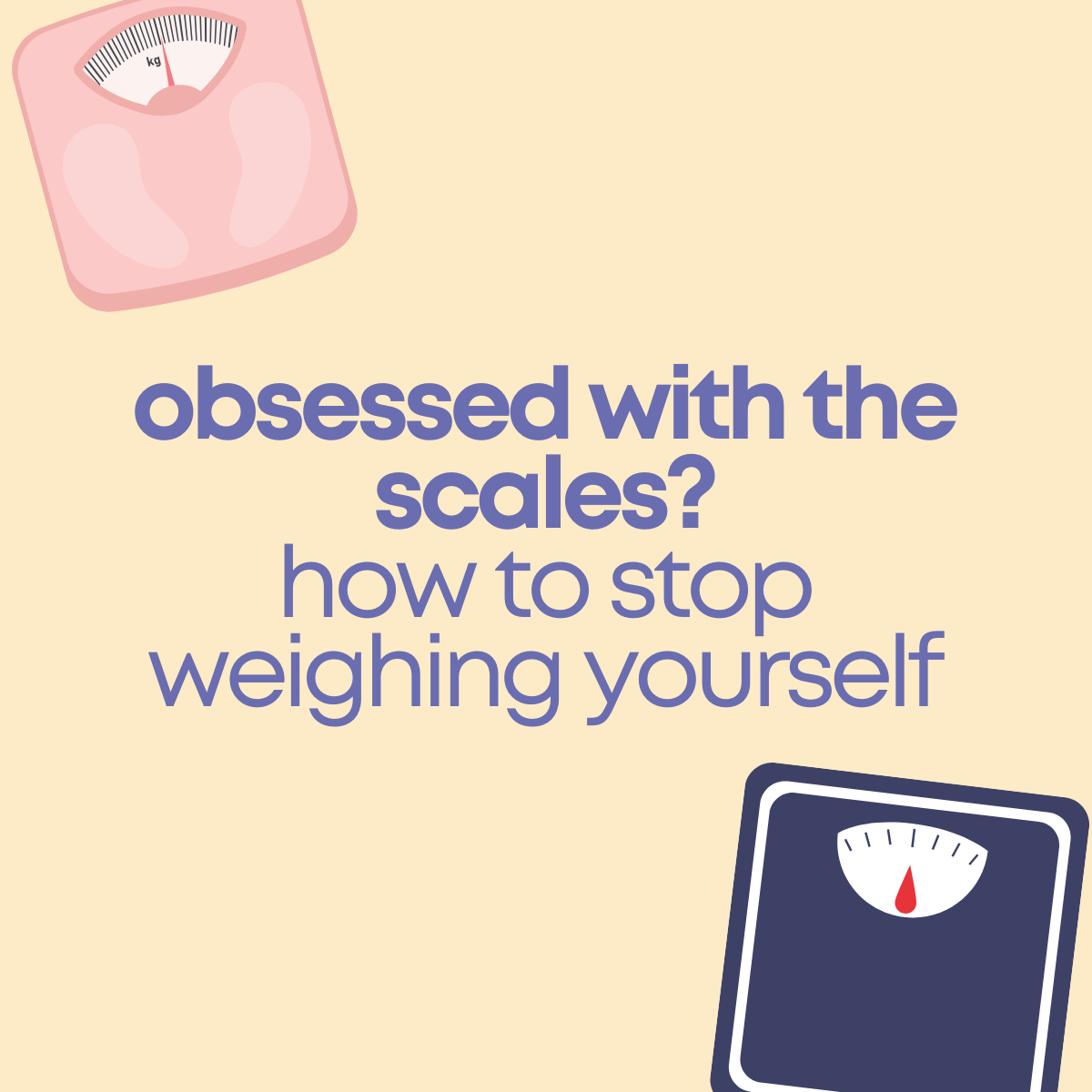
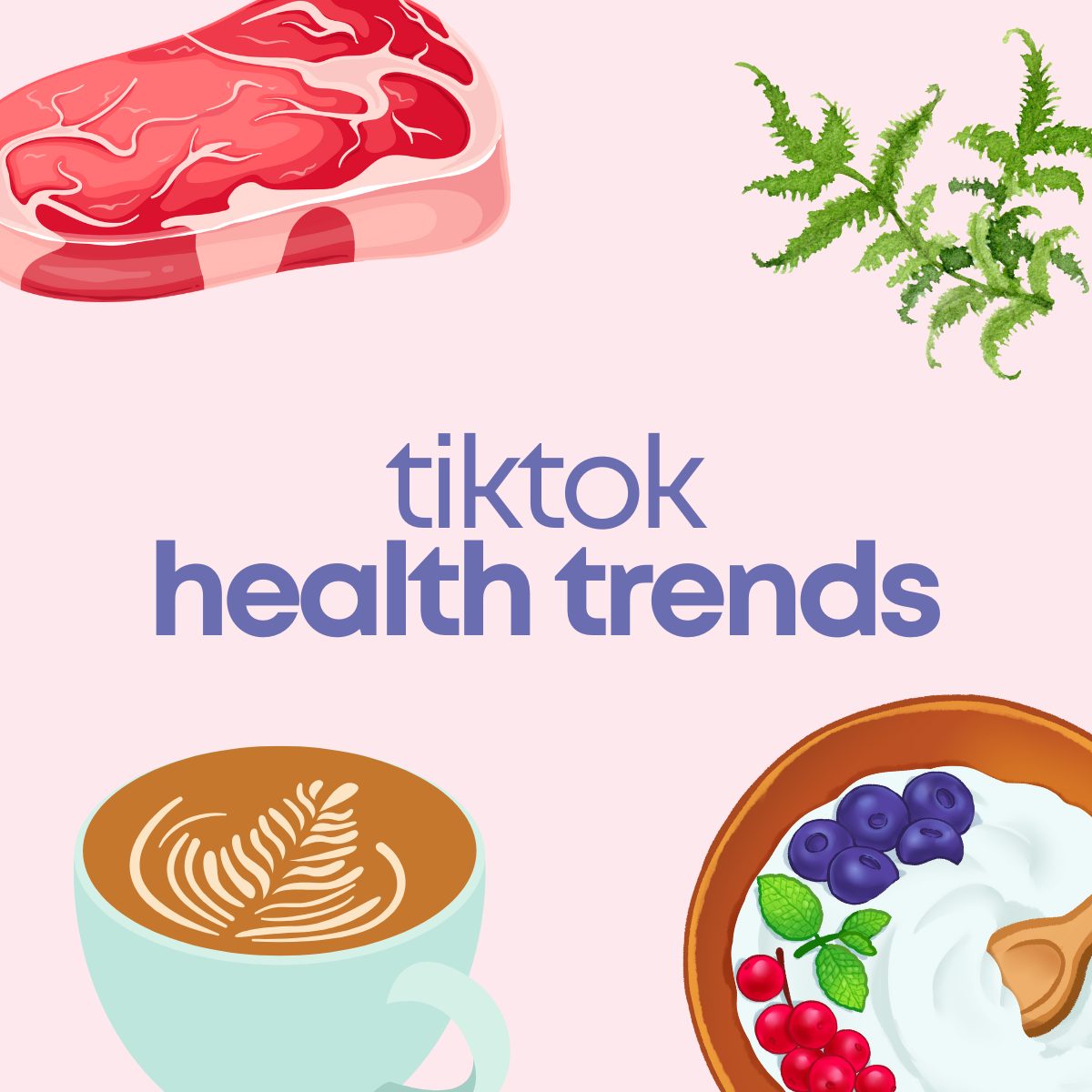
Comments +